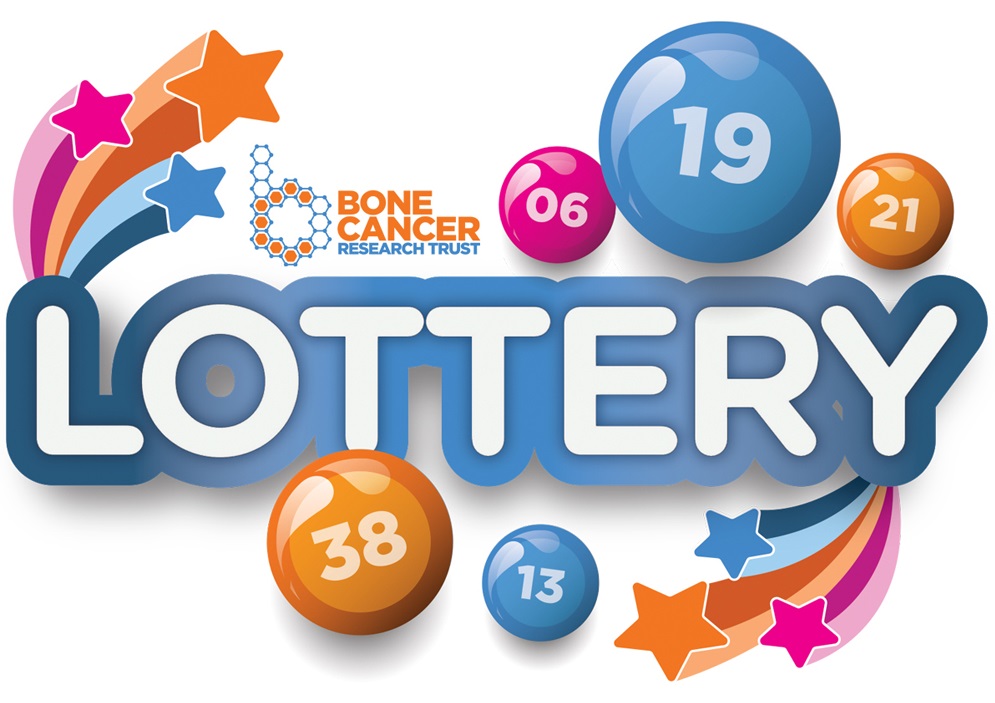Lotteries have long been a popular form of gambling, attracting millions of participants who dream of winning life-changing sums of money. While the lottery offers individuals a chance to strike it rich, it also has broader implications for local communities. From funding public programs to influencing economic behavior, the effects of the lottery extend far beyond individual winners.
Boosting Public Funding and Community Programs
One of the most significant benefits of the lottery is the revenue it generates for local and state governments. In many countries, lottery proceeds are allocated to public services such as education, healthcare, and infrastructure development. For example, in the United States, state-run lotteries contribute billions of dollars annually to education funds, helping to improve schools, provide scholarships, and enhance learning resources.
Similarly, in the United Kingdom, the National Lottery supports charitable organizations, arts initiatives, and sports development programs. This additional funding can make a substantial difference in underfunded areas, improving the quality of life for many residents data macau.
Economic Benefits and Job Creation
The lottery also contributes to local economies by creating employment opportunities. The operation of lotteries requires a workforce, from ticket vendors and customer service representatives to marketing professionals and financial analysts.
Additionally, businesses that sell lottery tickets, such as convenience stores and gas stations, benefit from increased foot traffic. Many lottery players also make additional purchases, boosting sales for local businesses. In this way, the lottery helps stimulate economic activity and supports small businesses.
Encouraging Responsible Gaming and Community Awareness
Many lottery organizations promote responsible gambling and fund programs that assist individuals struggling with addiction. By investing in public awareness campaigns and support services, lottery commissions help mitigate the risks associated with gambling.
In some regions, a portion of lottery revenue is directed toward addiction treatment centers and mental health services. This proactive approach ensures that those affected by gambling addiction receive the necessary support while also educating the public about responsible gaming habits.
Negative Effects: Gambling Addiction and Financial Hardship
Despite its benefits, the lottery can also have negative consequences for local communities. One major concern is gambling addiction. While most participants view the lottery as harmless entertainment, some individuals develop compulsive gambling behaviors, leading to financial distress and strained relationships.
Low-income individuals are particularly vulnerable to the negative effects of lottery participation. Studies have shown that lower-income groups spend a higher percentage of their earnings on lottery tickets, hoping to escape financial difficulties. Unfortunately, the odds of winning are extremely low, and continuous spending on tickets can lead to financial instability.
Impact on Local Businesses and Consumer Spending
While the lottery boosts revenue for ticket retailers, it may also divert consumer spending away from other essential goods and services. Money spent on lottery tickets might otherwise be used for groceries, rent, or other necessities. If too many residents prioritize lottery participation over practical expenditures, it can have a detrimental effect on local businesses and overall community well-being.
Funding Allocation Controversies
Another concern regarding lotteries is the allocation of funds. While lotteries are often promoted as a way to support public services, some critics argue that the distribution of funds is not always transparent or efficient. In certain cases, lottery revenue replaces existing government funding rather than supplementing it, meaning that essential services do not receive as much additional support as advertised.
Ensuring proper oversight and transparency in how lottery funds are allocated is crucial to maximizing their positive impact on local communities. Governments and lottery commissions must remain accountable to the public and ensure that funds are used for their intended purposes.
Conclusion
The lottery plays a complex role in local communities, offering both benefits and challenges. While it generates substantial revenue for public programs, stimulates economic activity, and promotes responsible gaming initiatives, it also carries risks such as gambling addiction and financial hardship for vulnerable populations.
To maximize the positive effects of lotteries, it is essential for governments to implement responsible gaming policies, ensure transparent fund allocation, and invest in programs that support community well-being. With careful management, the lottery can continue to be a valuable tool for local development while minimizing its potential downsides.




